On the evening of August 20, Moscow time, Russia successfully launched the Bion-M No. 2 biological satellite into orbit using a Soyuz-2.1b rocket from the Baikonur cosmodrome.
The Bion-M satellite carries 75 mice and about 1,500 fruit flies, along with cell samples, plants, samples of various cereals and industrial crops to conduct biomedical experiments for 30 days, and will then land in the Orenburg steppe on September 19.
Studying the performance of biosatellites will allow research into the possibility of sending humans into orbit.
According to the plan, the Bion-M satellite will enter sun-synchronous orbit at an altitude of 800km, almost twice as high, and the radiation level there is up to 10 times higher than on the International Space Station ISS.
According to scientists ' calculations, 30 days of flying at such altitude is equivalent to 3 years of living on the ISS in terms of radiation. Such an experiment would allow to assess the real risks to humans in future missions to the Moon and Mars./.
Source: https://www.vietnamplus.vn/nga-bien-ve-tinh-thanh-phong-thi-nghiem-sinh-hoc-giua-khong-gian-vu-tru-post1056976.vnp



![[Photo] General Secretary To Lam receives the Director of the Academy of Public Administration and National Economy under the President of the Russian Federation](/_next/image?url=https%3A%2F%2Fvphoto.vietnam.vn%2Fthumb%2F1200x675%2Fvietnam%2Fresource%2FIMAGE%2F2025%2F12%2F08%2F1765200203892_a1-bnd-0933-4198-jpg.webp&w=3840&q=75)







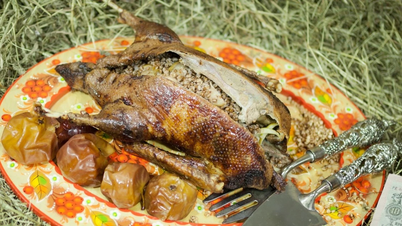



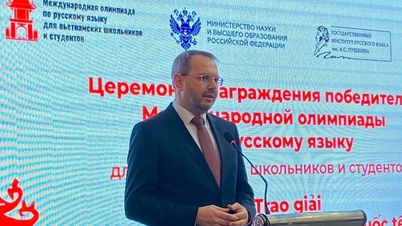



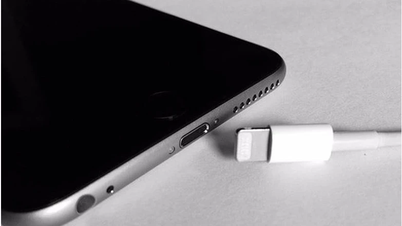











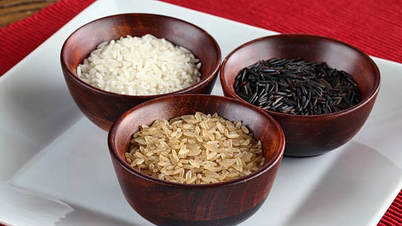
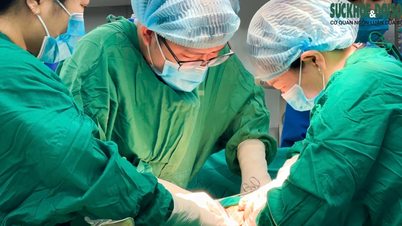






















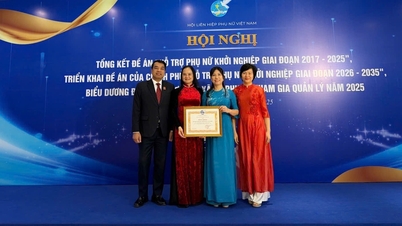































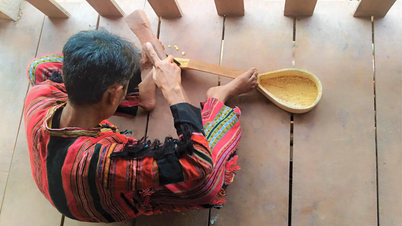



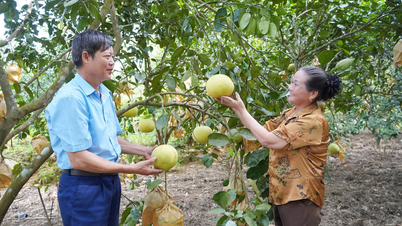

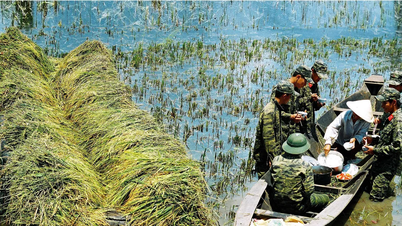


















Comment (0)